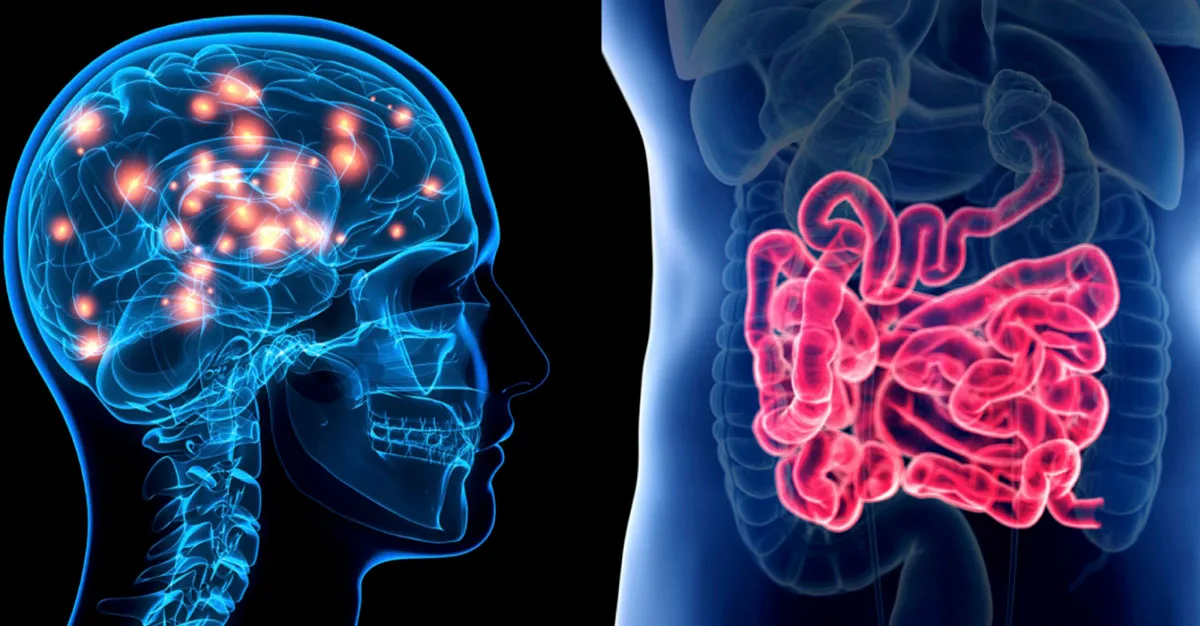How Short-Term Stress Impacts Your Gut and Brain
Ever wonder how a stressful day can leave you feeling off? New research is shedding light on the intricate connection between stress, your gut health, and ultimately, your brain. It turns out that even short bursts of stress can significantly impact the delicate balance of your gut microbiome.
The Gut-Brain Connection Explained
The gut and brain communicate constantly through what’s known as the gut-brain axis. This complex network involves biochemical signaling between the gastrointestinal tract and the central nervous system. Disruptions in the gut can therefore affect brain function and vice versa.
Acute Stress and Your Gut Microbiome
Researchers have discovered that acute stress can lead to:
- Disrupted Gut Microbial Activity: Stress can alter the composition and function of the trillions of microorganisms living in your gut.
- Reduced Protective Fatty Acids: Specifically, stress can decrease the production of beneficial short-chain fatty acids (SCFAs). These SCFAs are crucial for maintaining the integrity of both the intestinal barrier and the blood-brain barrier.
Why are SCFAs Important?
SCFAs like butyrate, acetate, and propionate play a vital role in:
- Nourishing the cells lining your colon
- Reducing inflammation in the gut
- Strengthening the gut barrier, preventing harmful substances from leaking into the bloodstream
- Supporting the blood-brain barrier, which protects the brain from toxins and pathogens
Implications for Overall Health
When stress reduces the levels of these protective fatty acids, it can compromise the integrity of both the gut and brain barriers. This can potentially lead to:
- Increased inflammation throughout the body
- Digestive issues
- Increased risk of neurological problems
What Can You Do?
While avoiding stress entirely isn’t always possible, managing stress through techniques like mindfulness, exercise, and a balanced diet rich in fiber can help support a healthy gut microbiome and protect your gut-brain axis.
Final Overview
This research highlights the profound impact of even short-term stress on our gut health and its subsequent effects on the brain. By understanding this connection, we can take proactive steps to manage stress and support a healthier gut-brain axis, ultimately promoting overall well-being.




+ There are no comments
Add yours